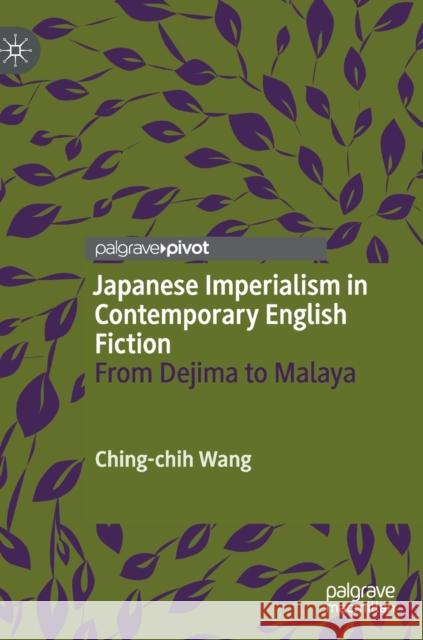Japanese Imperialism in Contemporary English Fiction: From Dejima to Malaya » książka
topmenu
Japanese Imperialism in Contemporary English Fiction: From Dejima to Malaya
ISBN-13: 9789811504617 / Angielski / Twarda / 2019 / 91 str.
Kategorie:
Kategorie BISAC:
Wydawca:
Palgrave Pivot
Język:
Angielski
ISBN-13:
9789811504617
Rok wydania:
2019
Dostępne języki:
Ilość stron:
91
Waga:
0.27 kg
Wymiary:
21.01 x 14.81 x 0.79
Oprawa:
Twarda
Dodatkowe informacje:
Wydanie ilustrowane











